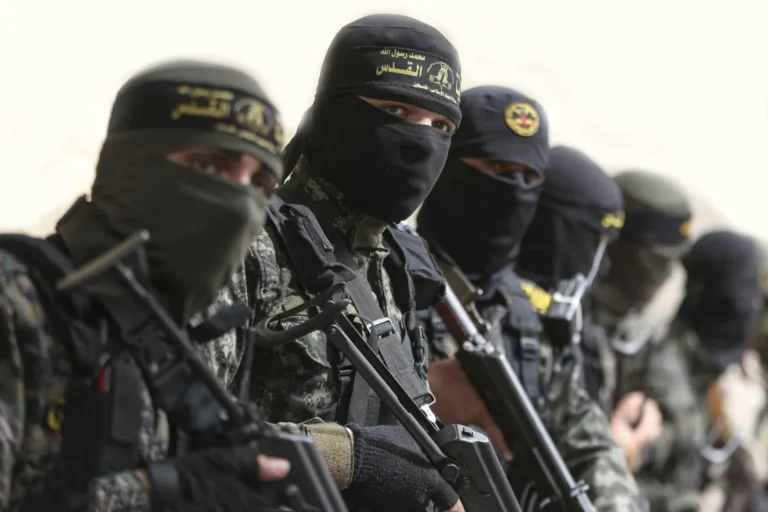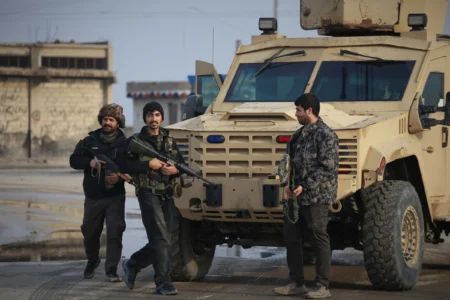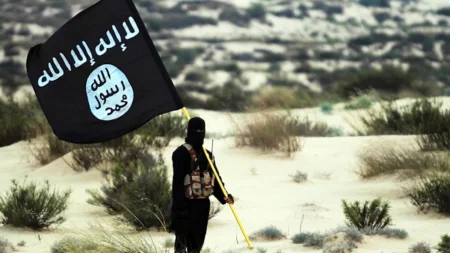When Israel attacked Iran without proper planning, it expected a quick win. The United States supported the strike and rallied Europe behind Israel. Germany even sent weapons by air. The US launched heavy bombings on Iran’s nuclear sites. Yet Iran stood alone—no help came from Russia or China. They offered only words. But Iran didn’t back down.
The world saw a different picture in just 12 days. Iran did what no country had done in the past 50 years. Cities in Israel like Tel Aviv, Beersheba, and Haifa started to look like Gaza. Reports say Iran’s strikes pushed Israel back by decades. That was never part of Israel’s plan.
Israel’s leadership had believed it would be easy. In their minds, defeating Iran would be just like the six-day war against Arab nations. But they miscalculated. Iran was not alone in strength or resolve. They launched a counterattack that shocked the entire world.
Even Alexander the Great had once failed to fully control Persia. That same spirit now drives modern-day Iran. Its people do not surrender. They stand tall, even if it means death. So when Israel called on its “big brother”—the US—for help, things did not go as expected.
The US responded with force. It dropped powerful bunker-buster bombs aimed at destroying Iran’s underground nuclear facilities. Yet Iran fought back. One major target was a US base in Qatar. That strike shook Washington.
Many feared a new world war. Former US President Donald Trump was known for not holding back. But this time, even Trump had to pause. Reliable intelligence reached his ears: Iran could not be defeated so easily. A full war might erase Israel from the map.
Faced with this hard truth, the US shifted its stance. Peace efforts began quickly. Though the war stopped, the outcome left the West in shock. Iran emerged stronger and more respected. The West, meanwhile, was left to reflect on a rare defeat.
Analysts say this war changed global perceptions. Iran took on several powerful nations and stood tall. For many peace-loving people around the world, Iran became a symbol of resistance and dignity. Voices rose worldwide in support: “Well done, Iran.”
There was another twist to the story. Trump believed that with a special plane and bunker-busting bombs, Iran’s nuclear plan would be destroyed. He was satisfied, even praised himself for the mission. But the truth was different.
Latest reports show that even the world’s strongest bombs could not fully reach Iran’s underground structures. US intelligence admitted they could only damage two entry points. The core system remained intact.
Secret US reports now suggest Iran’s nuclear program has only been delayed by six months at most. Before the war, the US believed Iran needed at least three months to make a bomb. That timeline has only slightly increased. The core of the program survived.
So two major facts stand out. First, even with all their might, the US and Israel could not destroy Iran’s nuclear sites. Second, the much-hyped “stealth jets” and “bunker busters” failed in the field.
Meanwhile, Iran celebrated. People rejoiced. For them, this victory felt like a festival. Some imagine Iran’s Supreme Leader, Ayatollah Ali Hosseini Khamenei, smiling quietly. A man many see as a descendant of the Prophet, bringing joy to people who love freedom.
Across the world, millions who long for peace and justice see this moment as historic. Iran not only defended itself but showed that unity and courage can stand against massive power.







